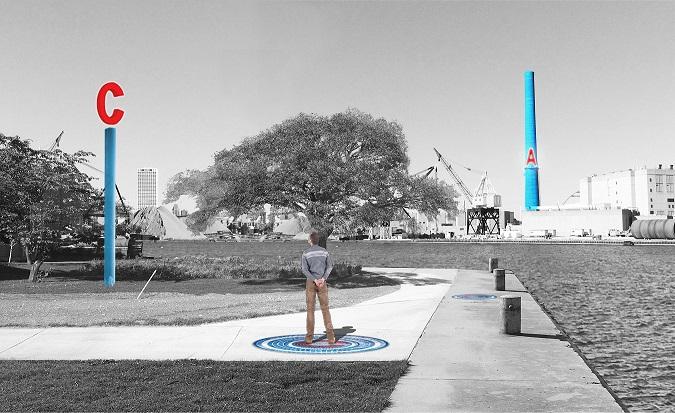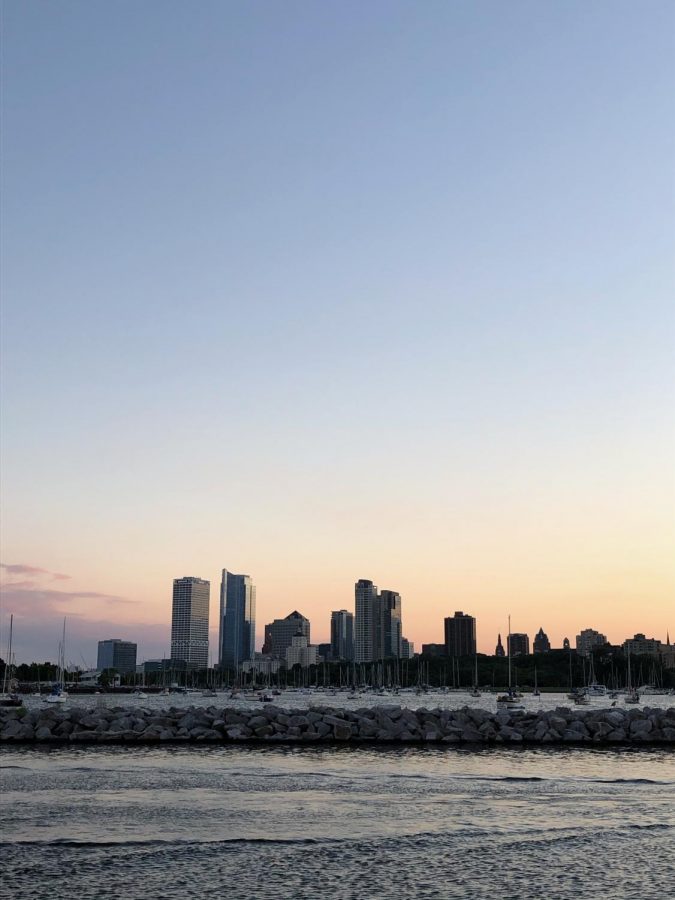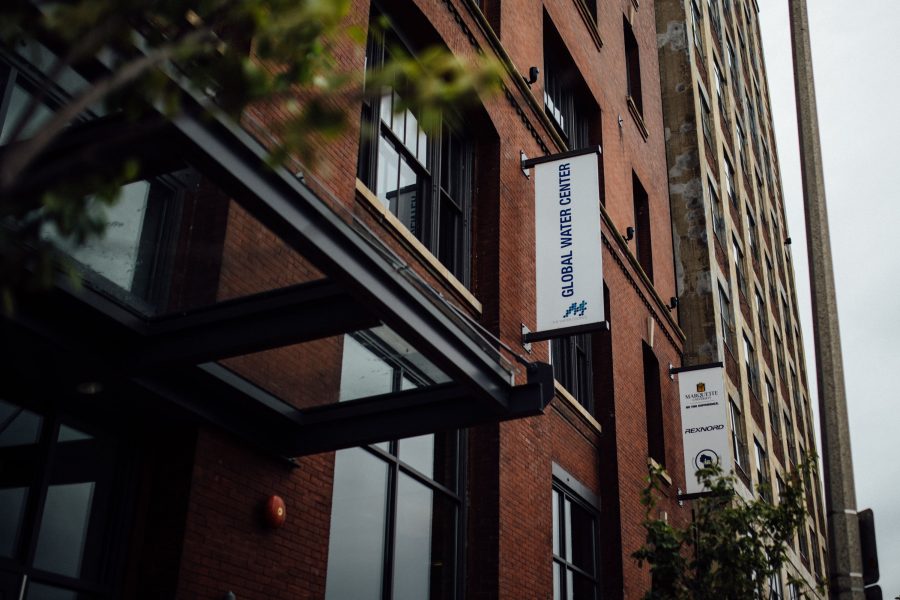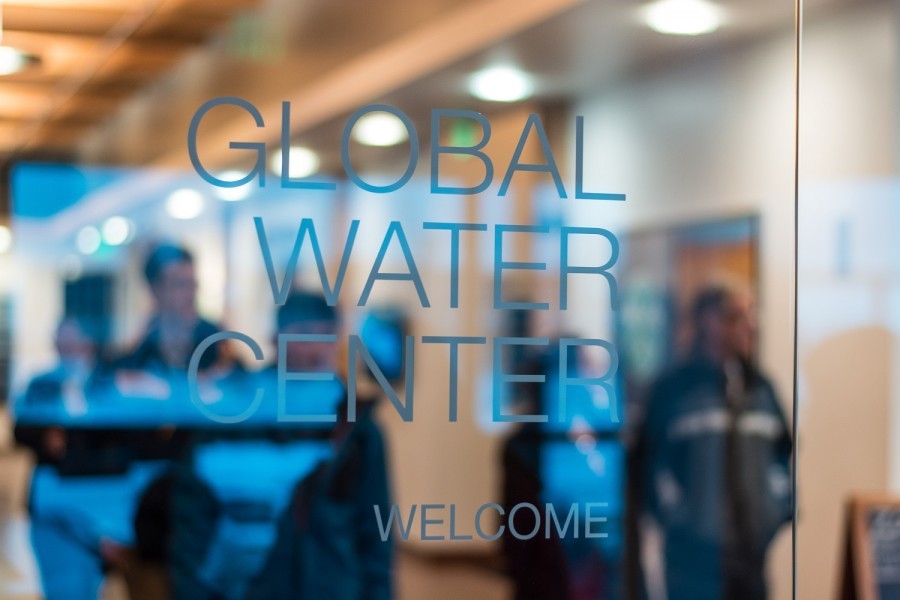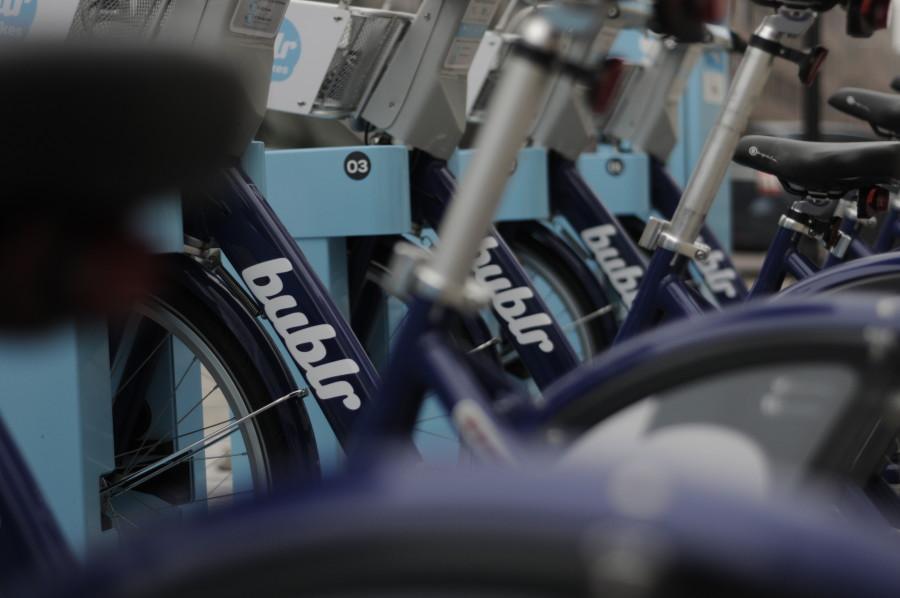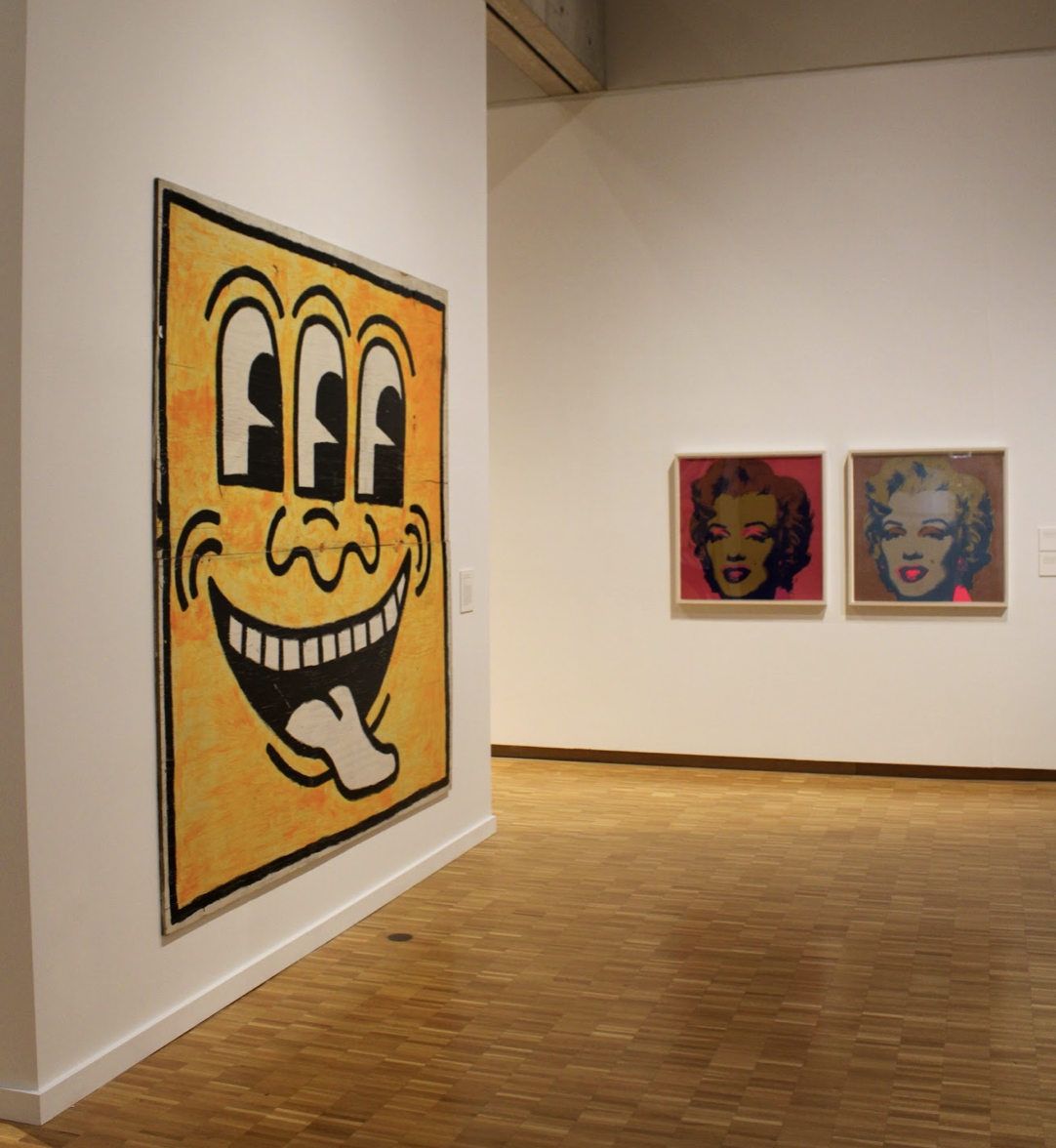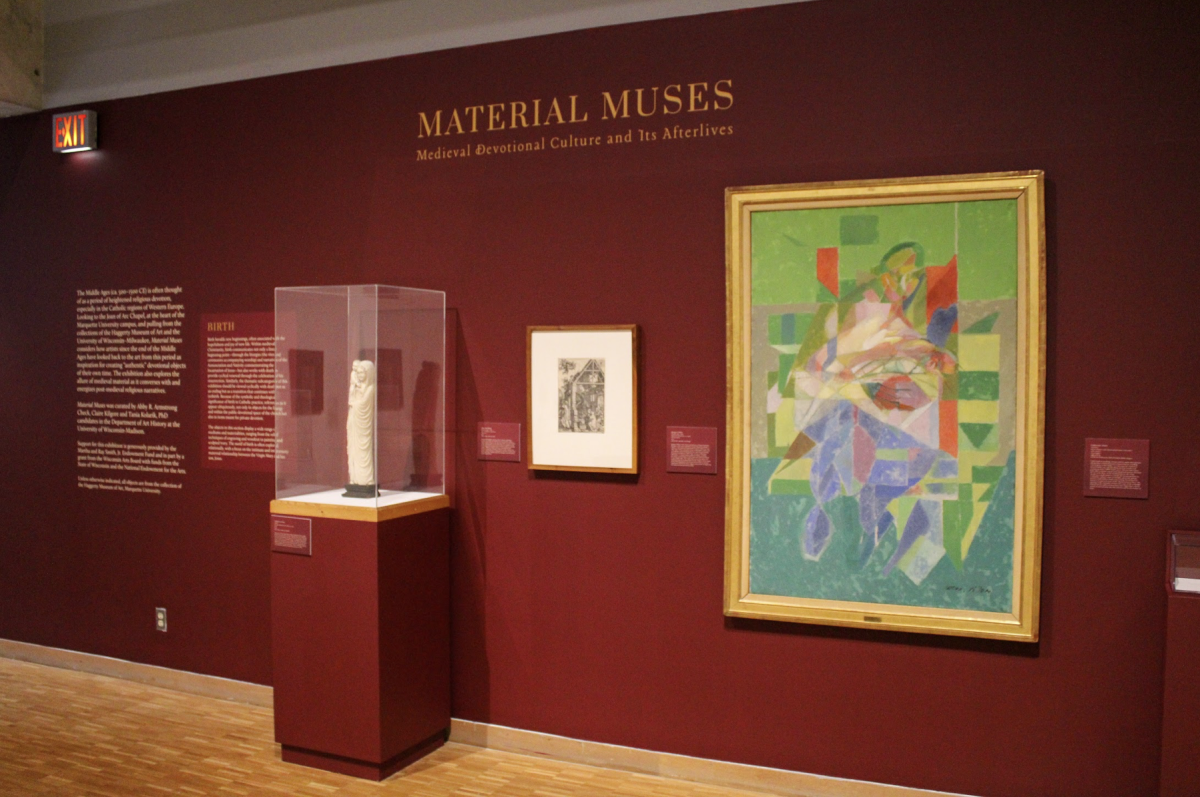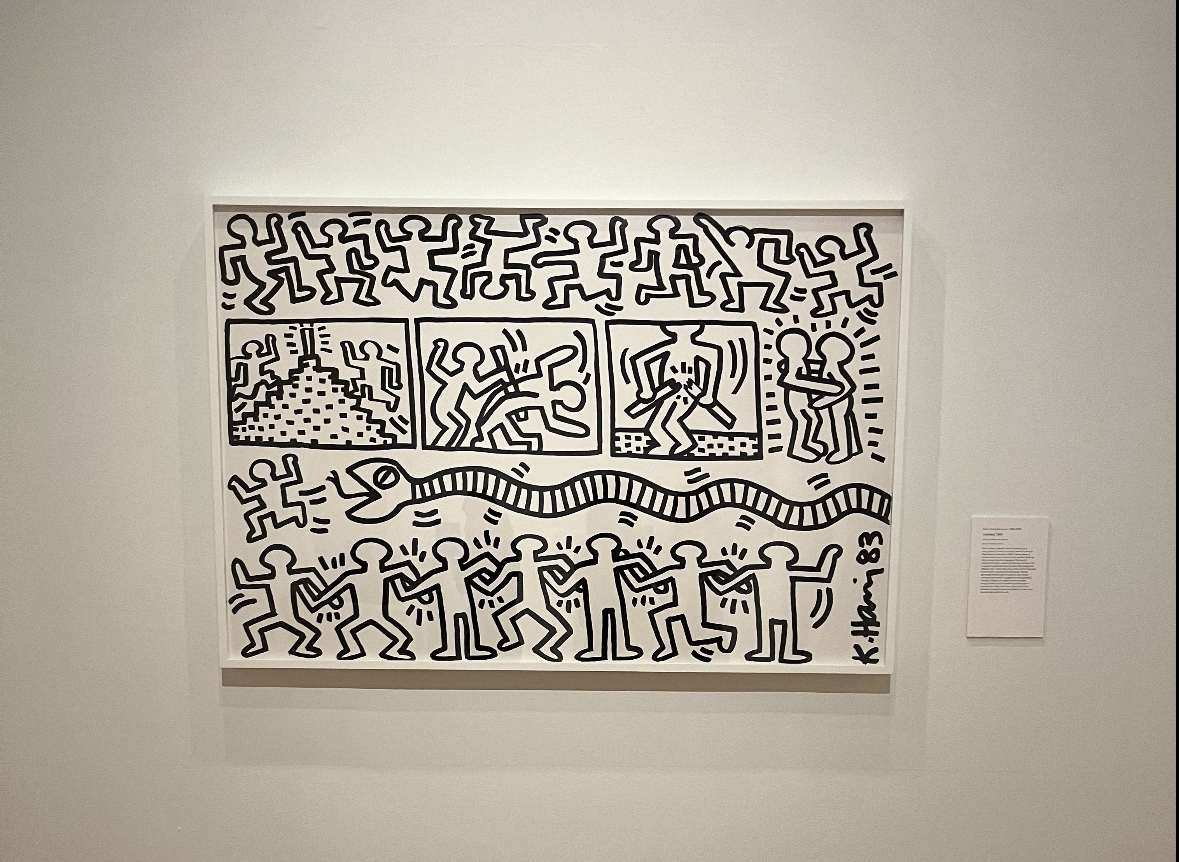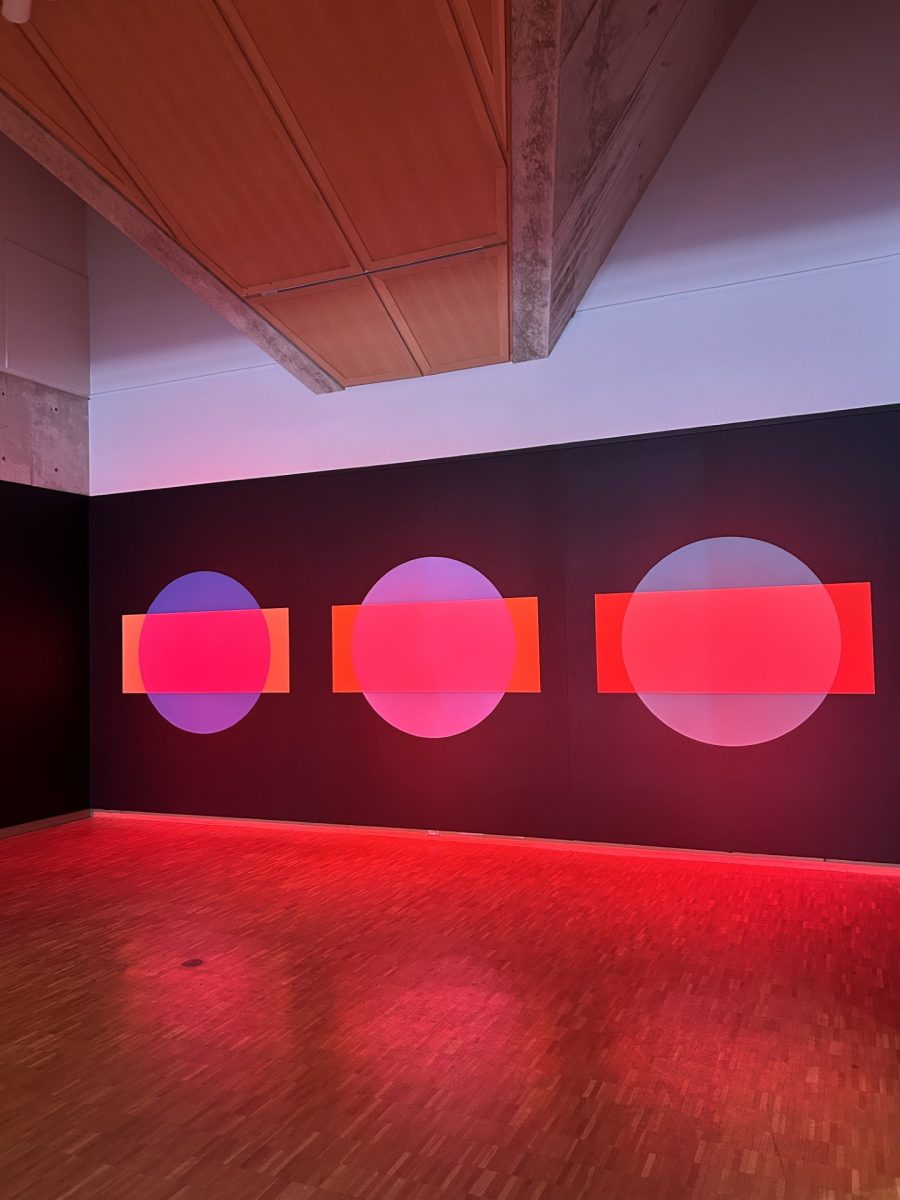Despite the Global Water Center’s focus on math and science based solutions for the world’s water problem, two of the 13 projects, WATERMARKS: An Atlas of Water and the City of Milwaukee, Water Law and Policy Initiative, venture from traditional solutions.
Jeanne Hossenlop, the Vice President for Research and Innovation, mentioned the importance of involving perspectives from different disciplines.
“Responsible stewardship of the world’s resources, including water requires consideration of law and policy issues, governmental processes, ethical considerations, educational needs, and a fundamental need to understand how people interact with the world around them (including through the arts),” Hossenlop said.
Marquette Law School
Marquette Law School’s Water and Policy Initiative aims to use collaboration inside and outside the university to both assess the legal aspects of water policy and to educate the public on legal policy surrounding the world’s water problem.
Professor David Strifling, director of the Marquette law school’s Water Law and Policy Initiative, said that the initiative is an expanded effort on the law school’s commitment to Milwaukee’s water initiative and water law curriculum.
“Our work in the Global Water Center helps to fill a broader gap in the region’s water work, driving legal and policy innovation on water issues,” Strifling said in an email.
One way that the initiative is working to solve water issues is through the collaboration of policymakers. They need to legally address the high chloride concentration in waterways caused by road salt. Policymakers currently include the Wisconsin Department of Natural Resources, the Milwaukee Metropolitan Sewerage District and the Metropolitan Water Reclamation District of Greater Chicago.
Apart from policy, the Initiative strives to promote education through both formal classes related to water, environmental law and informal presentations, such as programs during Marquette’s “Mission Week,” or the “Upward Bound” initiative, which promotes higher education through the “Project Freshwater” program.
Andrew Yamanaka Belter, a second year law student at the Water Law and Policy Initiative Research Assistant said that in addition to working locally, the initiative also strives to understand international water problems. Specifically, Belter mentioned that the initiative researches how China’s use of river water and its negative effect on India.
“(Different) countries work better if they cooperate,” Belter said. “We are researching different legal theories to figure out if there are better ways (for countries to use their water sources).”
Haggerty Art Museum
Haggerty Art Musuem’s WATERMARKS: An Atlas of Water and the City of Milwaukee is a citywide project that aims to educate citizens about Milwaukee’s water history through the placement of interactive “map pins.”
The idea was first developed by Mary Miss, a renowned environmental artist, through City as Living Laboratory, a platform that connects art with sustainability.
Susan Longhenry, the Director and Chief Curator of the Haggerty Museum of Art said that the goal is to be a transformational learning experience.
“We teach through art, rather than about art,” Longhenry said in an email. “(We) seek to align our initiatives with Marquette University’s highest priorities– including water research in general and the Global Water Center in particular.”
The first step of the project is to develop the water atlas itself, which is composed of various “map pins,” which can range from large objects, such as a 300 foot industrial stack, to smaller objects, such as a repurposed utility pole. Each “map pin” corresponds with a pavement marker where individuals can access information through a dial up, website, and on-site text.
“Ripple icons,” which are pavement markings where information about other map-pins can be found will also be a part of the project.
Polly Morris, the executive director of the Lynden Sculpture Garden and chair of the Public Art Subcommittee of the City of Milwaukee Arts Board, said putting together this project has included difficulties.
“The biggest challenge right now is raising sufficient funds to support the residency, and the research, design and implementation phases of the project,” Morris said in an email.
In the initial planning phase, Miss spoke with stakeholders in Milwaukee and spent 18 months visiting sites around the country to develop the concept. WATERMARKS hopes to have a project manager in the upcoming month to move to the next stage of the project.

